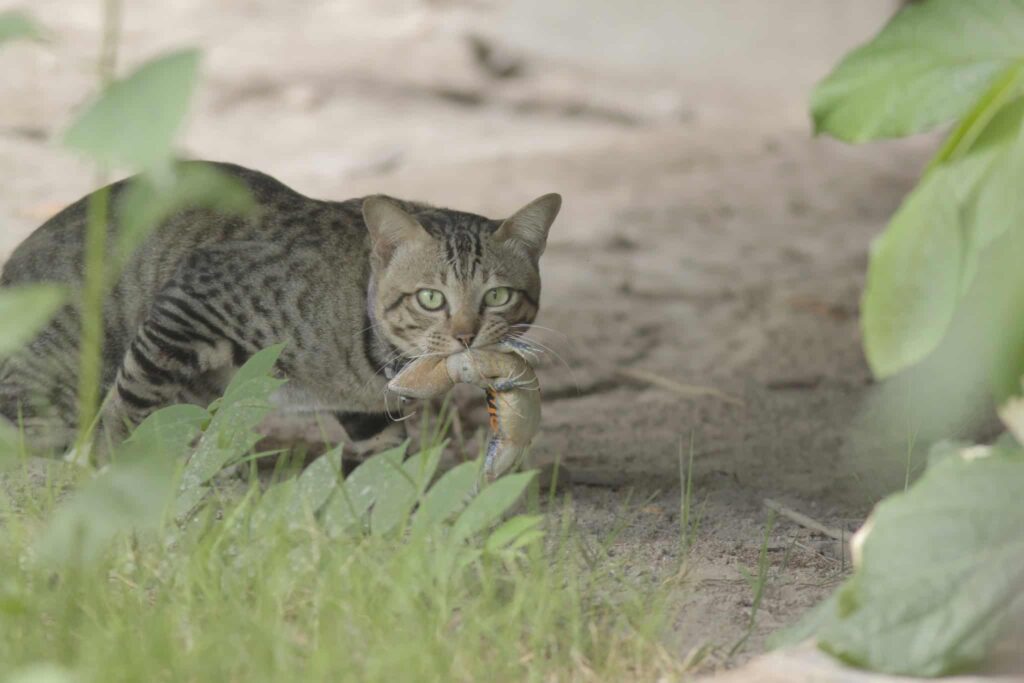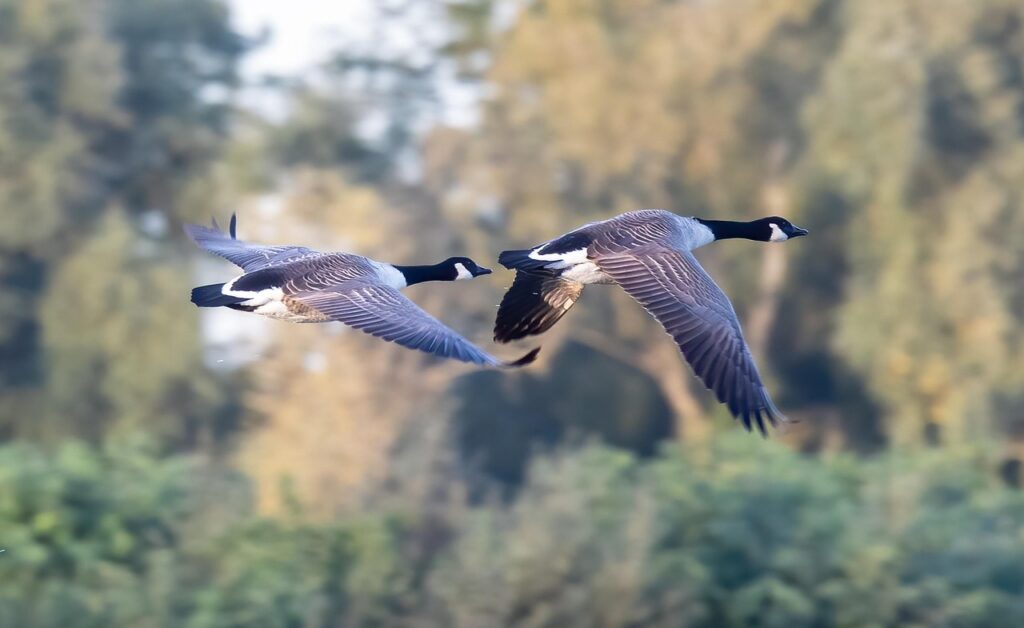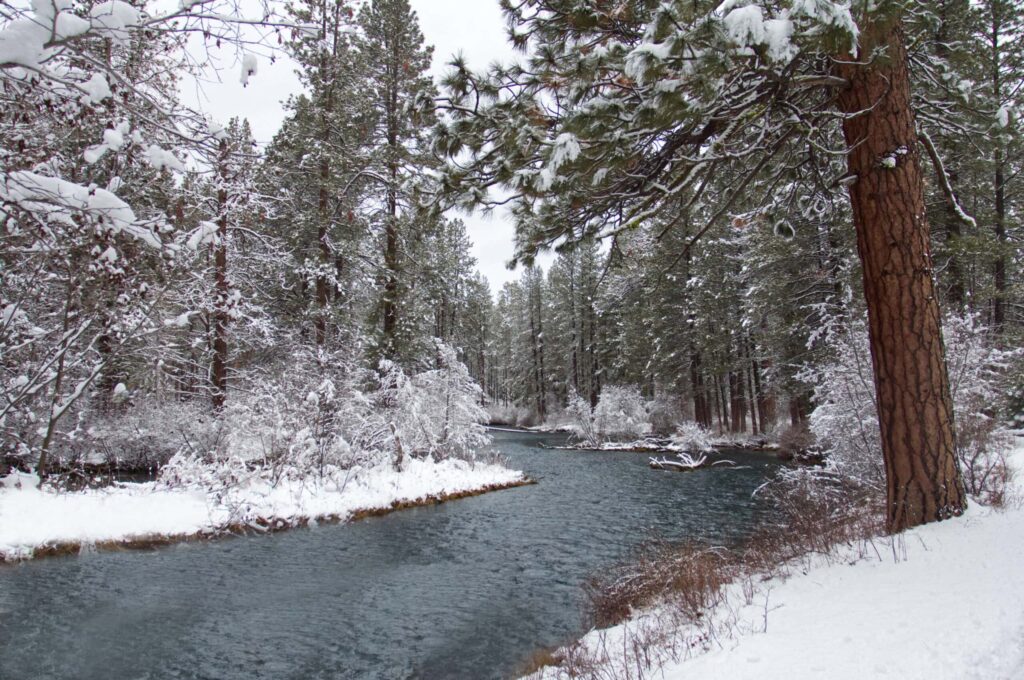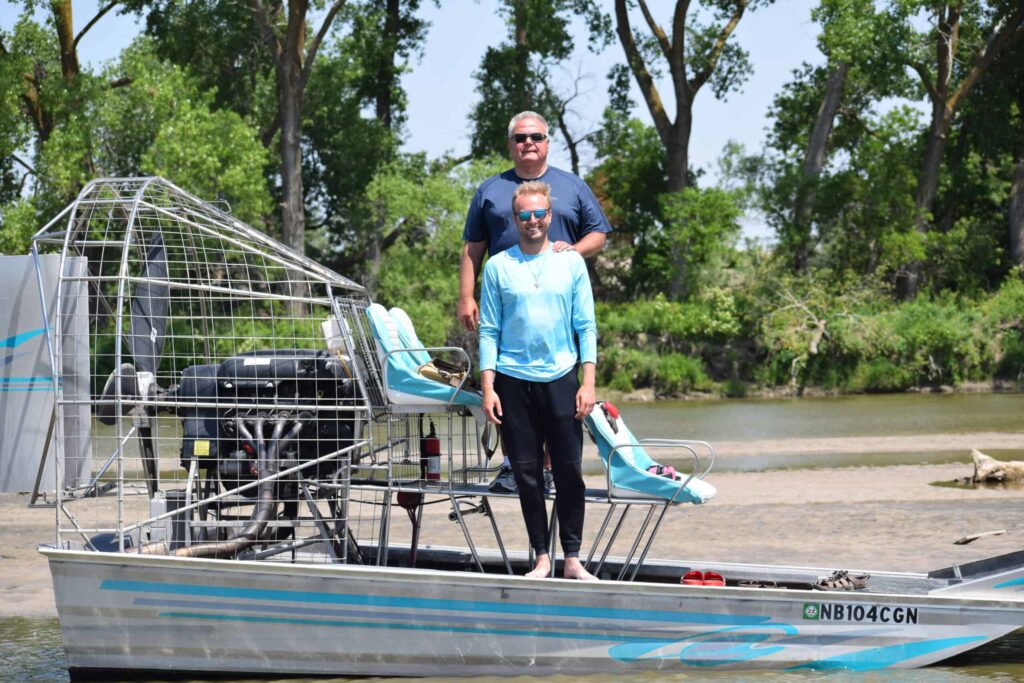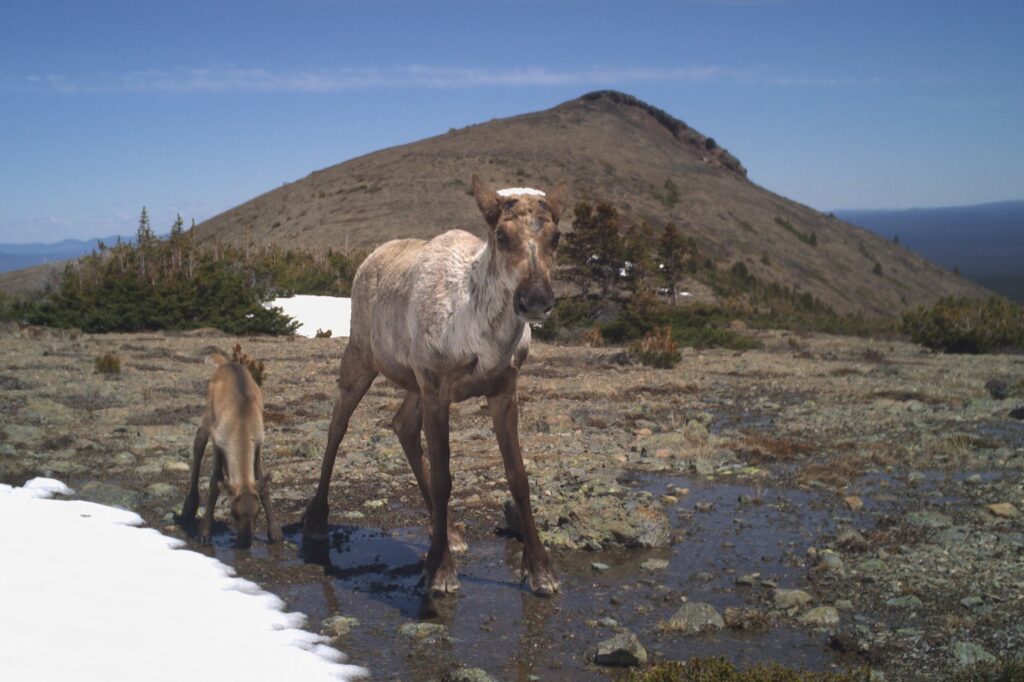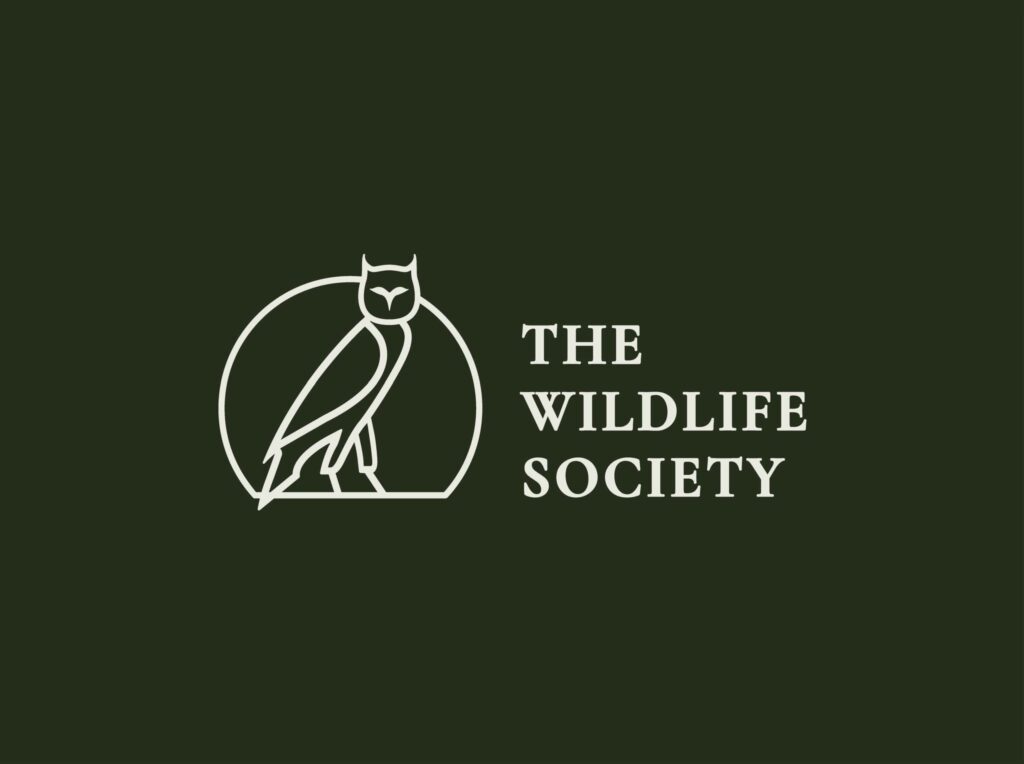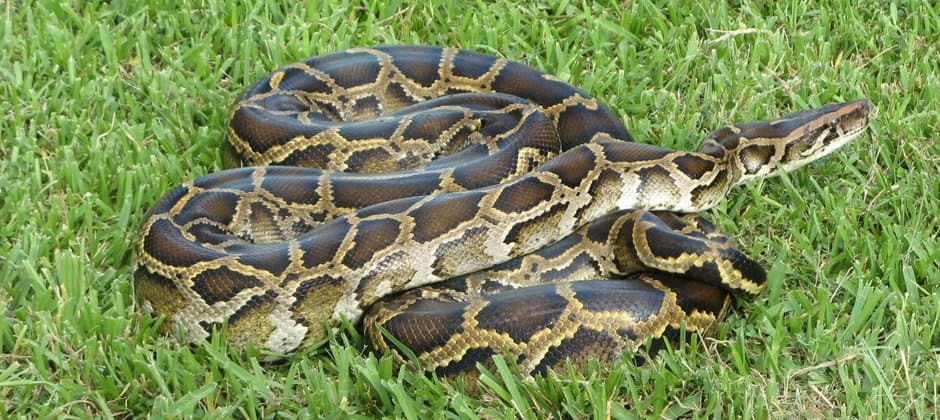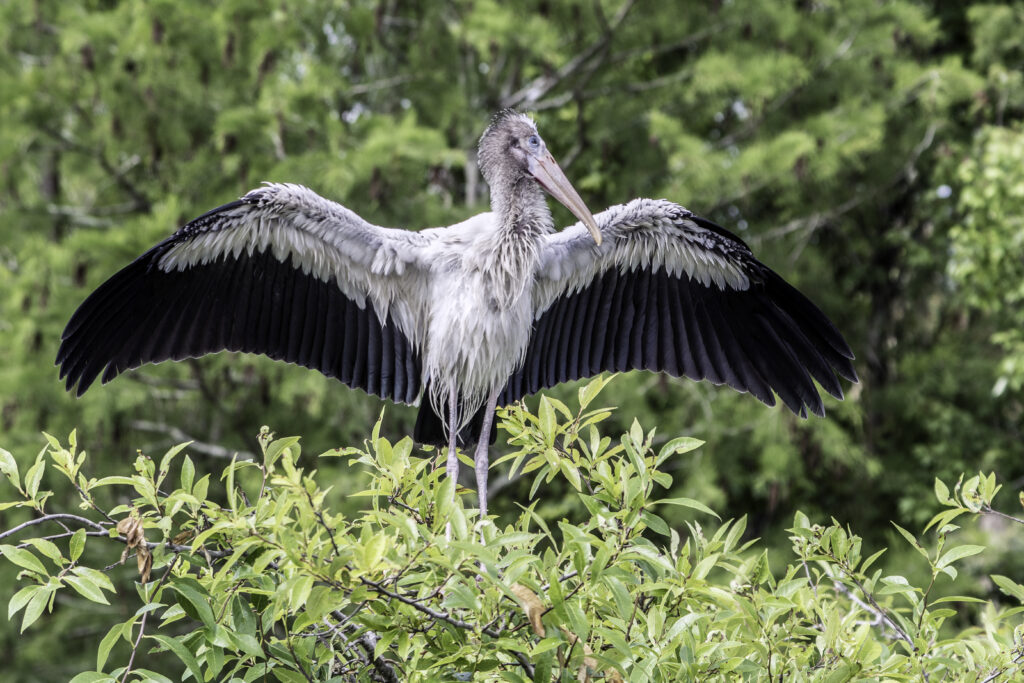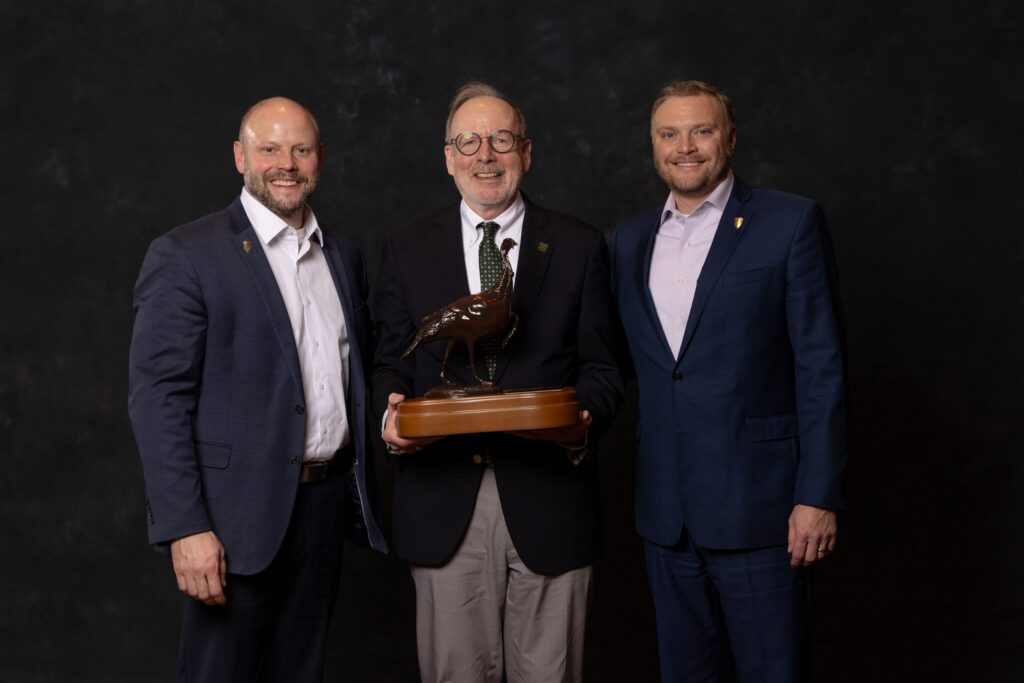The U.S. Department of the Interior will be giving out five new prizes for conservation innovations, including one to help control the spread of invasive species.
The Theodore Roosevelt Genius Prizes, which authorize $100,000 annually for each award, were created by the 2019 John D. Dingell, Jr. Conservation, Management, and Recreation Act, a package of bills focused on public lands and conservation.
The department is establishing a new council to advise the Secretary of the Interior and help administer the new Theodore Roosevelt Genius Prizes.
“We are looking for leaders and highly experienced professionals who can help guide our efforts to more fully incorporate innovation into conservation,” said U.S. Fish and Wildlife Service Director Aurelia Skipwith, in a U.S. Fish and Wildlife Service press release. “This council will do more than just award prizes for innovation, its members will serve as guides to competition winners, helping mentor them and chaperone their ideas towards their full potential.”
The department is also establishing five advisory boards to help implement the prizes for technological innovation related to (1) the prevention of poaching and wildlife trafficking, (2) the promotion of wildlife conservation, (3) the management of invasive species, (4) the protection of endangered species, and (5) the nonlethal management of human-wildlife conflicts.
Boards will select topics, issue problem statements, consult with federal stakeholders, and advise prize winners about opportunities to pilot and implement winning technologies.
Interior is seeking council and board members with expertise in biology, economics, engineering, endangered species, invasive species, technology development, business development and management, international wildlife trafficking and trade, wildlife conservation and management, nonlethal wildlife management, social aspects of human-wildlife conflict management, or other disciplines deemed necessary by the secretary.
The new council will have between 12 and 18 members, while boards will each have at least nine members. Experts may serve on both the council and a board. The council and the boards will meet twice a year.
Experts in relevant fields may nominate themselves or be nominated by others. Nominations should include information about the nominee’s expertise and qualifications and must be received by the Service by June 10.
Article by Laura Bies